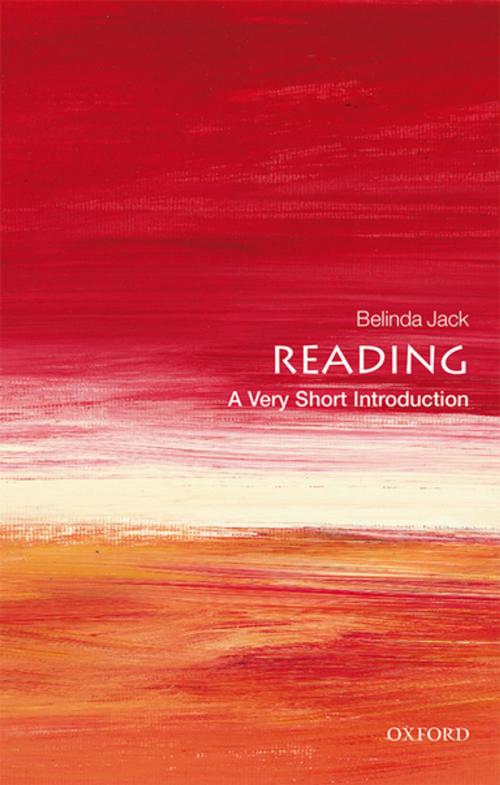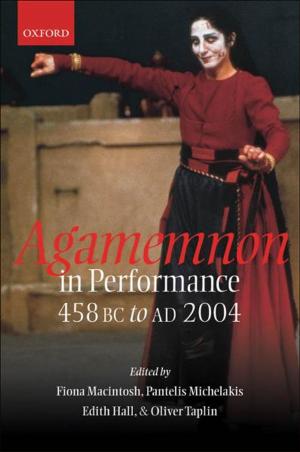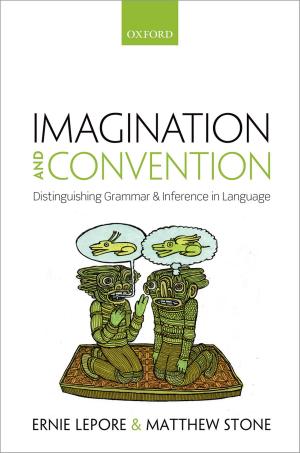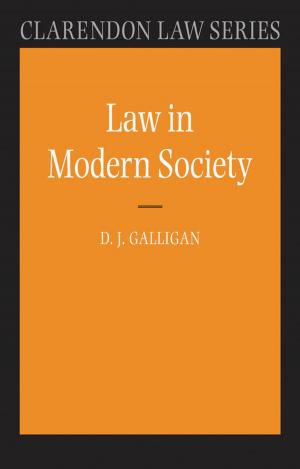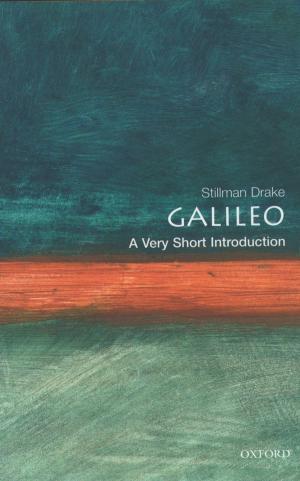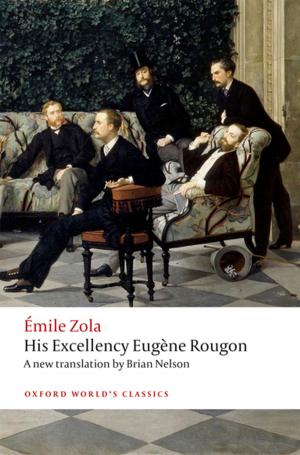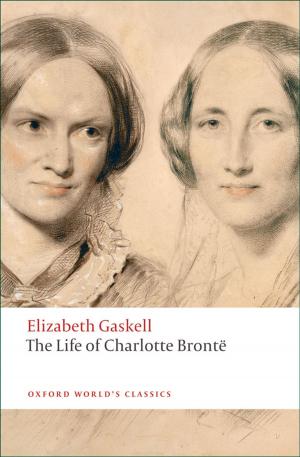Reading: A Very Short Introduction
Nonfiction, Reference & Language, Language Arts, Literacy, History| Author: | Belinda Jack | ISBN: | 9780192552457 |
| Publisher: | OUP Oxford | Publication: | April 8, 2019 |
| Imprint: | OUP Oxford | Language: | English |
| Author: | Belinda Jack |
| ISBN: | 9780192552457 |
| Publisher: | OUP Oxford |
| Publication: | April 8, 2019 |
| Imprint: | OUP Oxford |
| Language: | English |
Today many people take reading for granted, but we remain some way off from attaining literacy for the global human population. And whilst we think we know what reading is, it remains in many ways a mysterious process, or set of processes. The effects of reading are myriad: it can be informative, distracting, moving, erotically arousing, politically motivating, spiritual, and much, much more. At different times and in different places reading means different things. In this Very Short Introduction Belinda Jack explores the fascinating history of literacy, and the opportunities reading opens. For much of human history reading was the preserve of the elite, and most reading meant being read to. Innovations in printing, paper-making, and transport, combined with the rise of public education from the late eighteenth century on, brought a dramatic rise in literacy in many parts of the world. Established links between a nation's levels of literacy and its economy led to the promotion of reading for political ends. But, equally, reading has been associated with subversive ideas, leading to censorship through multiple channels: denying access to education, controlling publishing, destroying libraries, and even the burning of authors and their works. Indeed, the works of Voltaire were so often burned that an enterprising Parisian publisher produced a fire-proof edition, decorated with a phoenix. But, as Jack demonstrates, reading is a collaborative act between an author and a reader, and one which can never be wholly controlled. Telling the story of reading, from the ancient world to digital reading and restrictions today, Belinda Jack explores why it is such an important aspect of our society. ABOUT THE SERIES: The Very Short Introductions series from Oxford University Press contains hundreds of titles in almost every subject area. These pocket-sized books are the perfect way to get ahead in a new subject quickly. Our expert authors combine facts, analysis, perspective, new ideas, and enthusiasm to make interesting and challenging topics highly readable.
Today many people take reading for granted, but we remain some way off from attaining literacy for the global human population. And whilst we think we know what reading is, it remains in many ways a mysterious process, or set of processes. The effects of reading are myriad: it can be informative, distracting, moving, erotically arousing, politically motivating, spiritual, and much, much more. At different times and in different places reading means different things. In this Very Short Introduction Belinda Jack explores the fascinating history of literacy, and the opportunities reading opens. For much of human history reading was the preserve of the elite, and most reading meant being read to. Innovations in printing, paper-making, and transport, combined with the rise of public education from the late eighteenth century on, brought a dramatic rise in literacy in many parts of the world. Established links between a nation's levels of literacy and its economy led to the promotion of reading for political ends. But, equally, reading has been associated with subversive ideas, leading to censorship through multiple channels: denying access to education, controlling publishing, destroying libraries, and even the burning of authors and their works. Indeed, the works of Voltaire were so often burned that an enterprising Parisian publisher produced a fire-proof edition, decorated with a phoenix. But, as Jack demonstrates, reading is a collaborative act between an author and a reader, and one which can never be wholly controlled. Telling the story of reading, from the ancient world to digital reading and restrictions today, Belinda Jack explores why it is such an important aspect of our society. ABOUT THE SERIES: The Very Short Introductions series from Oxford University Press contains hundreds of titles in almost every subject area. These pocket-sized books are the perfect way to get ahead in a new subject quickly. Our expert authors combine facts, analysis, perspective, new ideas, and enthusiasm to make interesting and challenging topics highly readable.
